Turkey beefs up military presence in Syria amid Russia spat
Turkey significantly beefs up its military presence in northwestern Syria amid continued disagreement with Russia over Damascus’ counterterrorism operations in the area.
On Tuesday, Turkey’s Haberturk TV reported that the Turkish army had dispatched around 300 military vehicles to its observation posts in Syria’s Idlib Province.
It said the convoy featured military trucks, armored vehicles, and self-propelled artillery.
A video provided by AFP, meanwhile, showed a Turkish military convoy arriving in the village of Matarim in a militant-held area in Idlib that lies near the strategic M4 Highway. The highway connects the flashpoint town of Saraqeb with government-held Latakia.
Turkey has 12 observation posts in Idlib, set up as part of an Iran-brokered agreement with Russia to de-escalate the situation near the Turkish border. Some of the posts, however, now lie in the territory that has been recaptured in joint Russo-Syrian efforts.
Ankara, which itself supports a number of anti-Damascus militant outfits in Idlib, claims that Syrian offensives there have killed 13 of its troops this month. It has threatened to attack the Syrian military unless government forces abandoned the liberated areas, and asked Moscow to “stop” Damascus.
Earlier, reports said that the Turkish military had gone as far as conducting some strikes against the Syrian Arab Army (SAA).
Damascus, though, has vowed to liberate the entire Syria, including Idlib, which contains the largest remaining concentrations of Takfiri terrorists in the Arab country.
According to the Syrian government, there are at least 70,000 militants in the militant-held part of the province, many of whom belong to Hayat Tahriri al-Sham, formerly known as al-Nusra Front or al-Qaeda’s Syria offshoot.
The Turkish government alleges that by refusing to “contain” Damascus’ advances towards re-establishing its sovereignty over the Syrian territory, Moscow has flouted the agreement it has made with Ankara concerning the Arab country.
At one point, Turkish President Recep Tayyip Erdogan even threatened to quit the Astana process, a Syria talks’ framework that gathers Moscow, Ankara, and Tehran, and the Turkish forces abandoned their joint patrols with the Russian troops in northwestern Syria.
Russia has, on the other hand, blamed Turkey for failing to rein in the Ankara-backed militants in Idlib, which Moscow says were mounting attacks on Syrian and Russian forces.
Also on Tuesday, though, the Turkish forces resumed the joint missions with the Russian troops, Reuters reported, citing Russia's Defense Ministry, as Ankara, which has purchased Russia’s S-400 advanced missile defense systems, was expected not to allow its differences with Moscow over Syria to compromise the Russo-Turkish relations.
A Turkish delegation, headed by Deputy Foreign Minister Sedat Onal also traveled to the Russian capital on Monday, and has been discussing the spat with a Russian team led by Presidential envoy for Syria Sergey Vershinin, Turkey’s official Anadolu Agency reported.
However, Omer Celik, spokesman for Turkey’s ruling Justice and Development (AK) Party, said Russia had "clearly" been informed about Turkey's stance in the region.
He said Ankara was determined to push back against the Syrian soldiers, and had made the necessary military preparations to do so. Celik said the Turkish military would take action if the Syrian forces did not withdraw from the areas they have recaptured.
Later in the day, Turkish Presidential spokesman Ibrahim Kalin reasserted Ankara’s intention for military buildup in Idlib, saying, "We will continue the deployment and fortification of troops in the area," Reuters reported. Kalin claimed that the escalation was required “to ensure the safety of the region (Idlib) and the civilians there.”
This is not the first time that the Turkish military involvement in Syria has resulted in controversy.
Over the past four years, the Turkish military has staged at least two unauthorized incursions into northern Syria to push back against Kurdish militants, whom Ankara says seek to overthrow the Turkish government.
The aggression prompted the areas’ Kurdish population to ask the Syrian government for protection against the Turkish forces.
Democrats press Trump to explain rationale behind new Iran strike amid warnings about dire risks
VIDEO | Press TV's news headlines
VIDEO | Ex-UK envoy to US arrested by British police
Department of Justice withholds, removes Epstein files that reference Trump: Probe
FM says historic opportunity at hand for unprecedented deal; vows Iran will defend sovereignty
Aid groups challenge Israeli ban that could starve Gaza, West Bank
Hamas denounces Israel’s threats to destroy resistance, slams ceasefire violations
Lebanese army orders troops to return fire after Israeli attack near border post




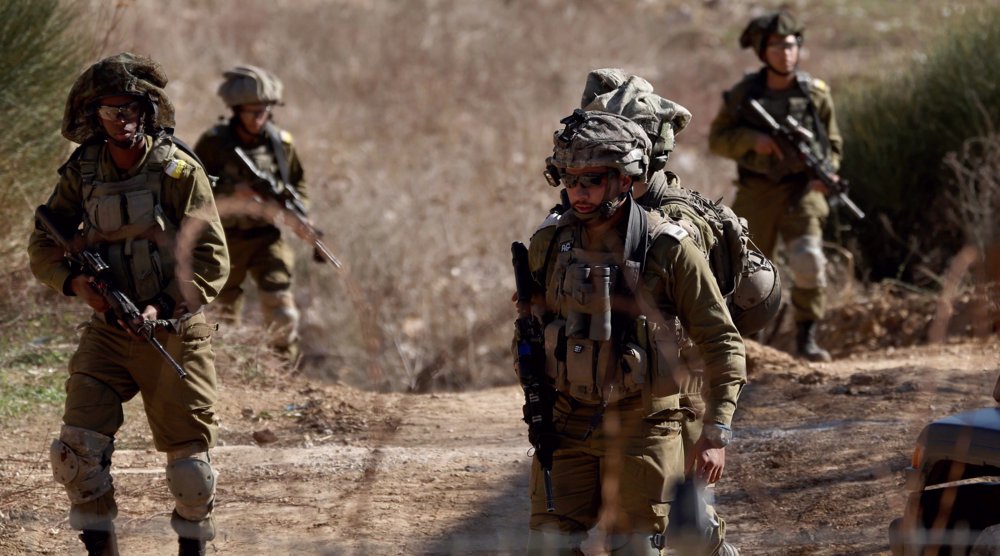
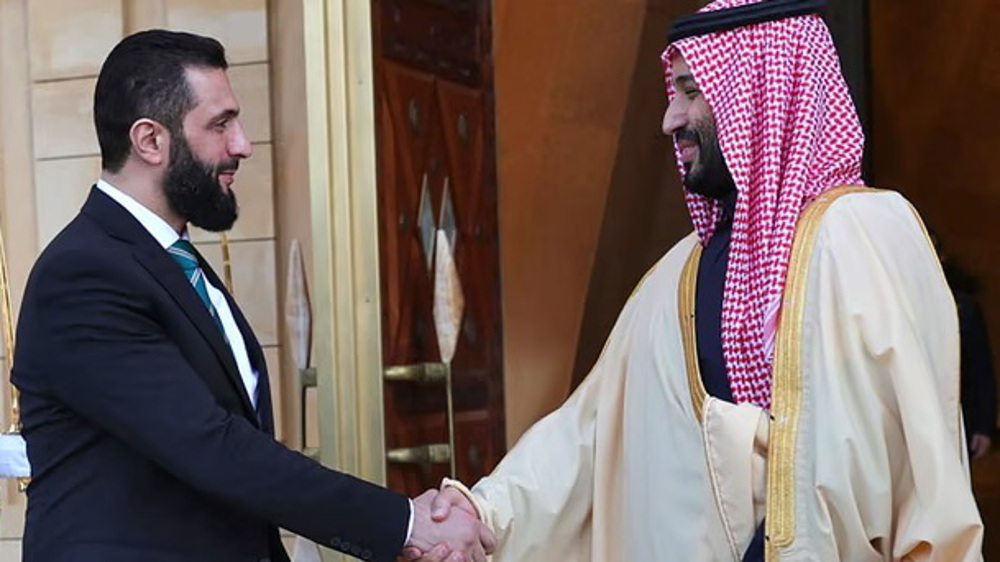
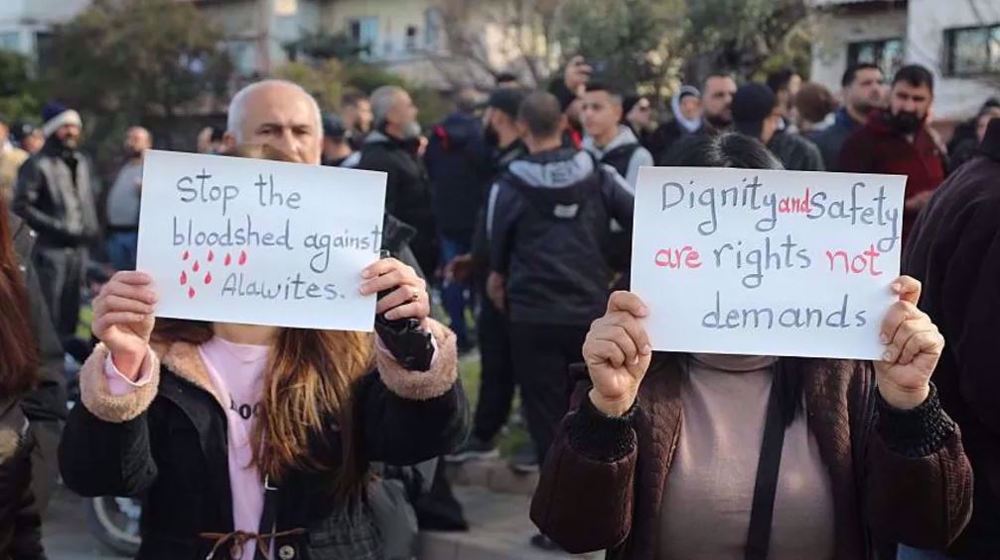



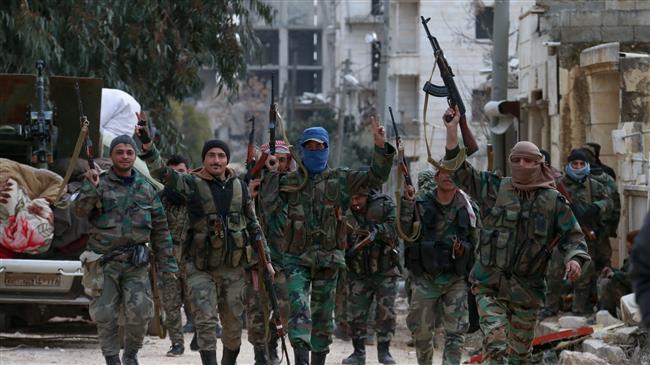
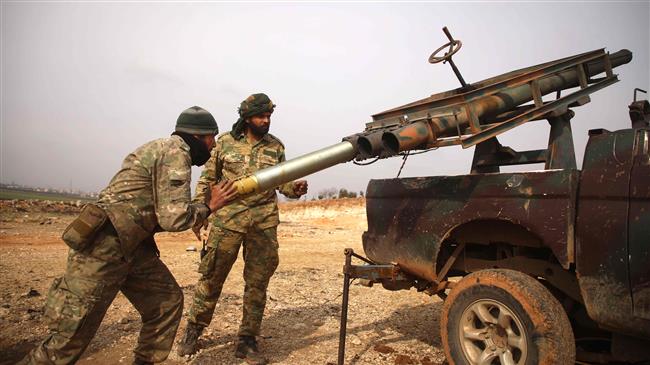
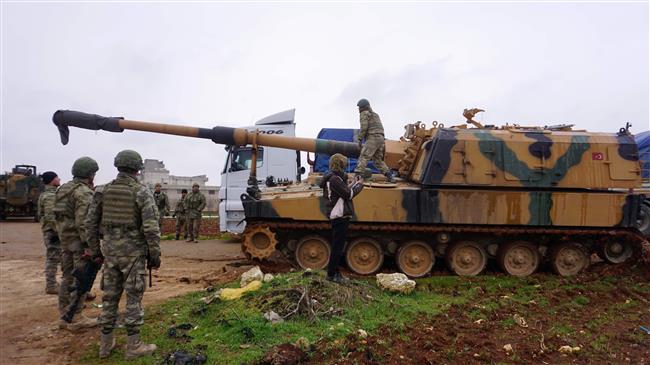

 This makes it easy to access the Press TV website
This makes it easy to access the Press TV website